Featured Athletics Staff: Thomas Long
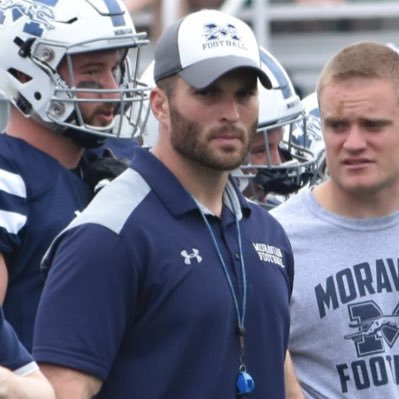
Coach Thomas Long; Photo Courtesy of: twitter.com
“The weight room teaches you a lot of life lessons, and we’re going to hold you to a high standard.”
These are a few words of wisdom from Moravian’s Head Strength and Conditioning Coach, Thomas Long, who began this position at the College in 2016. He has experience both coaching and playing at the Division I athletics level at institutions like Temple and Villanova. His dedication to the athletics program here has already yielded success, both on and off the field, for many Moravian student-athletes.
What was life like before you joined the Moravian College community?
Prior to being hired at Moravian in 2016, I was at Villanova for a year where I was an assistant football coach and ran five other Division I athletic programs. My life like prior was not a whole lot different as far as work load and stress. Wherever you go as a strength coach, it’s always going to be hectic. Villanova versus Moravian, that’s a big comparison as far as facilities, resources, and usage [goes]. There’s a thousand ways to train, but just having the backing there made things a lot easier. Back then, I was living at home so I was with family and friends all the time. So quality of life was definitely at its highest because I would get to go home to see family and friends. It’s not a negative — that’s just a reality of life.
Why Moravian?
It comes down to being at the right place at the right time. I knew Zach Houghton, the previous strength and conditioning coach here, because he would come to Villanova. My contract was ending at Villanova on July 31, and I got a phone call from him in July saying that he was leaving Moravian and that I should consider applying there. Bing, bang, boom — I had an interview one day and was hired three days later as the head strength and conditioning coach.
What drew you to athletic training?
I value what the human body can do, not just physically, but mentally. That’s always driving us as strength coaches — to learn more and do more so that we can provide more. I always liked that concept of growth from a coach’s perspective so we can help our student athletes that way. But I could not do this job without my assistant, Laurie. It’s a full team effort running a collegiate program, and she has shouldered a lot of work in building our brand.
What have you learned from your time here with our student-athletes?
Out of season strength and conditioning is 100% voluntary across the board. We cannot do anything to get athletes to come to train. We can’t hold a standard saying, “Hey, you’re not going to get playing time if you don’t show up to lifting.” [But] a lot of our athletes want to come to training, they want to get better, and they want to ask questions. We may have to pry at them a little bit to come out of their shells, but I think there’s a little bit more motivation [to do that] here [than at Villanova].
What’s your favorite part about your position? What’s your least favorite?
Well, always being in the weight room and getting to lift weights, but also having the ability to help student-athletes. Whatever impact we have on them right now, I also look at it as what we are doing for them for their futures when they leave Moravian College. You learn a lot of life lessons in the weight room — accountability, discipline, holding a standard, work ethic, working hard on your bad days.
Now, least favorite: this field is not a typical nine-to-five, 40-hour work week job. This is college athletics. You are going to be making sacrifices. 60 to 70-plus hours a week, working on weekends, working evenings.
Do you have any hobbies outside of your position?
I like the outdoors. Shooting, backpacking, hiking, fishing. If I’m not doing that, I’m with family and friends.
What are some of your student-athlete pet peeves?
Leaving our weight room a disaster. If you take something out, put it back. We give the student-athletes at the end of a lifting session two minutes to clean up the entire weight room. Then, they leave the weight room, and we as a performance staff go around and check for things that are incorrect. For every one thing that is out of place, that’s 30 seconds in the push-up position as a team the next time they come in. That’s not punishment, okay? That’s extra shoulder strengthening. Do you think they’ll make that same mistake again? No, so now we’ve learned and we’ve become a better version of ourselves. We’ve become detail-oriented for a purpose. Chances are, if you’re not paying attention to a detail like putting a barbell back correctly, you’re probably not reading your playbook either, which means you’re probably not reading your assignments for your academics either or you’re not setting up enough time for that. This is all to build successful student-athletes.
What are your favorite sports teams?
I only root for teams I’ve been a part of or l fully support. So that’s the Philadelphia Phillies, the Eagles, the Flyers, the Sixers. I’m a die-hard Philadelphia fan. I root for Villanova athletics because I coached there, I root for Temple because I played there, and I root for my high school football team because I played there.
Do you have any personal and/or career goals you hope to accomplish?
To never stop growing or learning. If I ever reach a point where I feel that I’ve learned enough, it’s probably time for me to move on or bring someone else in. This is a never-ending field of study, so always being hungry for growth is a career goal. Books, articles, and conferences that we attend are part of an effort to continue growing. For me, I don’t view this position as a stepping stone to get me anywhere. I’m just trying to do the best I can here and always trying to grow this strength program that we have.
What advice would you give to college students looking to pursue coaching?
I would look at the pros and cons. The pros, obviously getting to help people, but know the cons, too. Know what you’re getting yourself into before you get down that path. That being said, go get experience. There’s a thousand ways to yield the same result in this field. At the end of the day, it’s all about injury reduction and proving strength, power, and creating good humans. It comes full circle but we want you leaving this place A) knowing how to take care of yourself and B) how to work hard. That’s an important quality in life. Life’s not easy. You’re going to have horrible days, bad days. How do you persevere and grind through that? Well, you know what? If you’re up at 6 a.m. for a workout and you have exams all day and you didn’t get a good night’s sleep the night before, I’m still expecting you to show up and work. That’s important for you to learn how to do that here, under our supervision, so that you don’t fail yourself when you go out into the workforce.



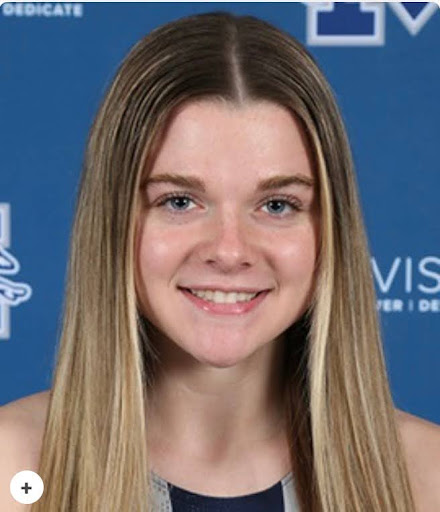
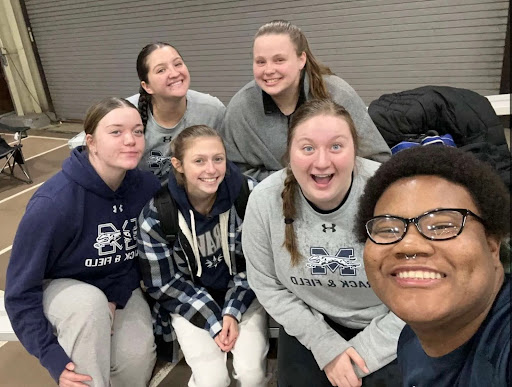
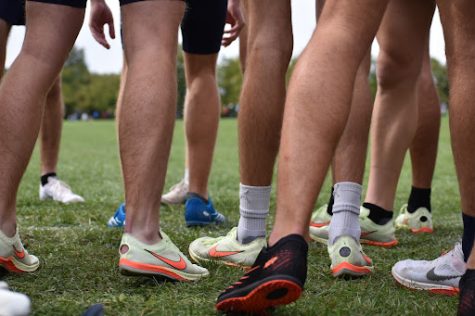


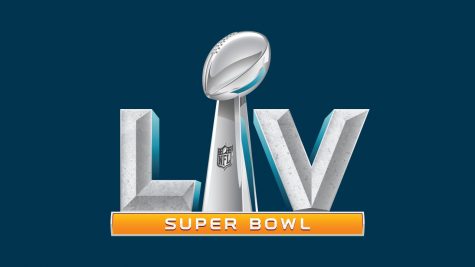
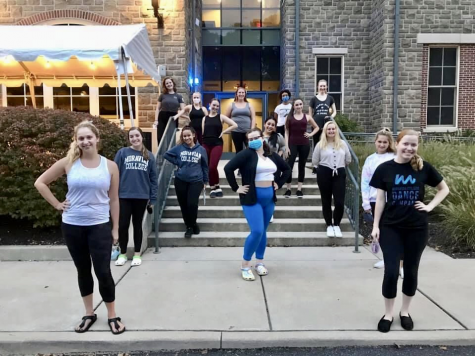
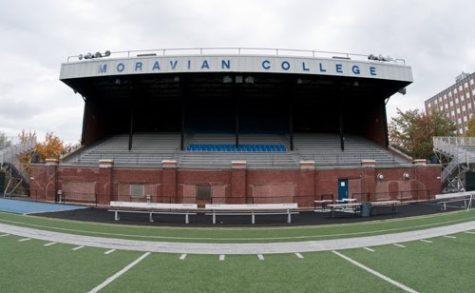
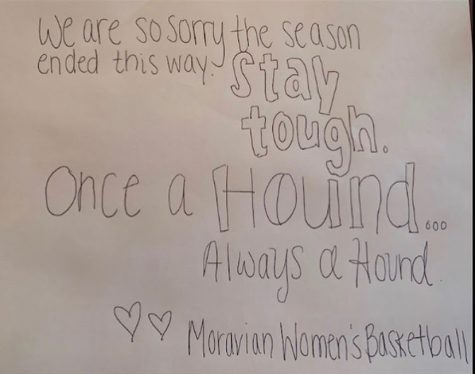
Bob Brill • Dec 6, 2019 at 3:16 pm
Many thanks for this profile of one of our cherished, high quality talents and special member of our Athletic Dept. — I invite Coach Long to speak in my Sports Psychology class each spring and he delivers great insight, generously shares powerful experiences, and really leaves positive constructive messages with the students. So, I am very glad to see him get a Comenian platform to share all that even more widely.
Respectfully,
Bob Brill
Dept. of Psychology
Faculty Athletic Representative